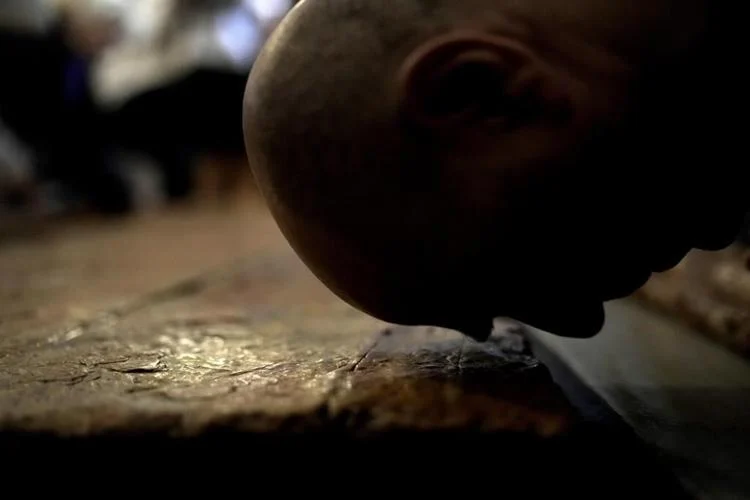
AP Photo/Leo Correa
In Jerusalem, during the ongoing Israel-Hamas conflict, hundreds of Christians participate in the traditional Good Friday procession. Despite typically drawing large crowds of foreign visitors, this year's event sees a significant decrease in attendance, with mostly local Palestinian Christians and a few tourists in attendance.
The procession follows the Via Dolorosa, marking Jesus' journey to crucifixion, with Israeli police maintaining security along the route. Palestinian Christians express their sadness over the war's impact, which has claimed thousands of lives in Gaza. Within the Church of the Holy Sepulcher, where Jesus was crucified, the usual crowds are absent due to the conflict. Many Palestinian Christians from the West Bank are unable to attend due to restrictions on crossing checkpoints into Jerusalem. Despite the subdued atmosphere, some shops remain open for tourists seeking religious memorabilia, though visitor numbers are low. The impact of the conflict on Palestinian Christians highlights the ongoing challenges faced by marginalized communities. However, some tourists, reassured by local residents, choose to visit Jerusalem for religious purposes.
The peaceful observance of Good Friday coincides with the Muslim holy month of Ramadan, with worshippers attending prayers at the Al-Aqsa mosque under tight Israeli security. Amidst the conflict, Sister Harriet Kabaije, a recent resident of Jerusalem, offers prayers for peace in the region and solidarity with the people of Gaza. Meanwhile, Pope Francis opts out of the traditional Good Friday procession in Rome due to health concerns, marking the second time he has done so during his papacy.
In Spain, severe weather forces the cancellation of Good Friday processions, while in Chicago, residents gather for a Via Crucis procession to commemorate Jesus' final days.















